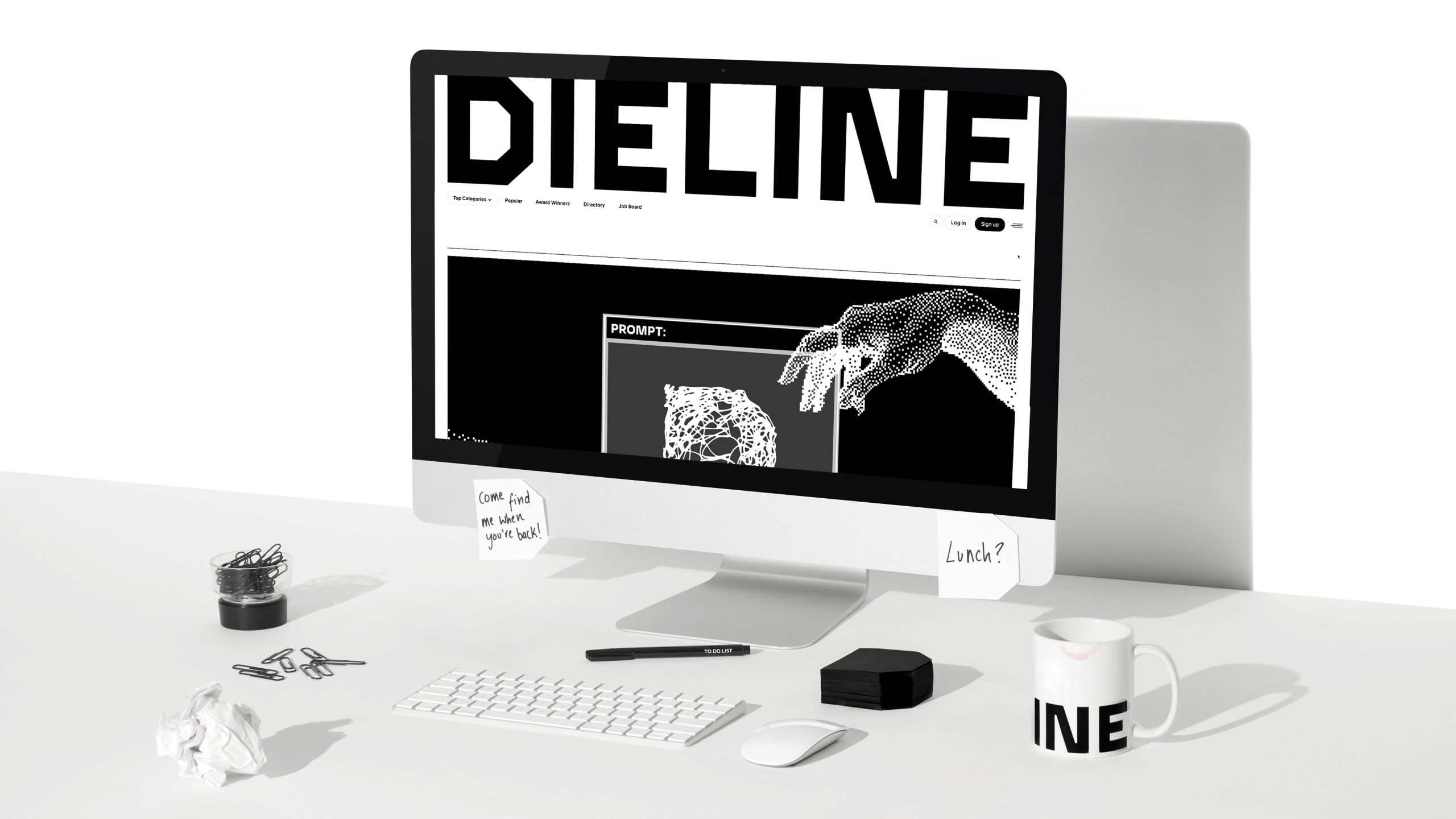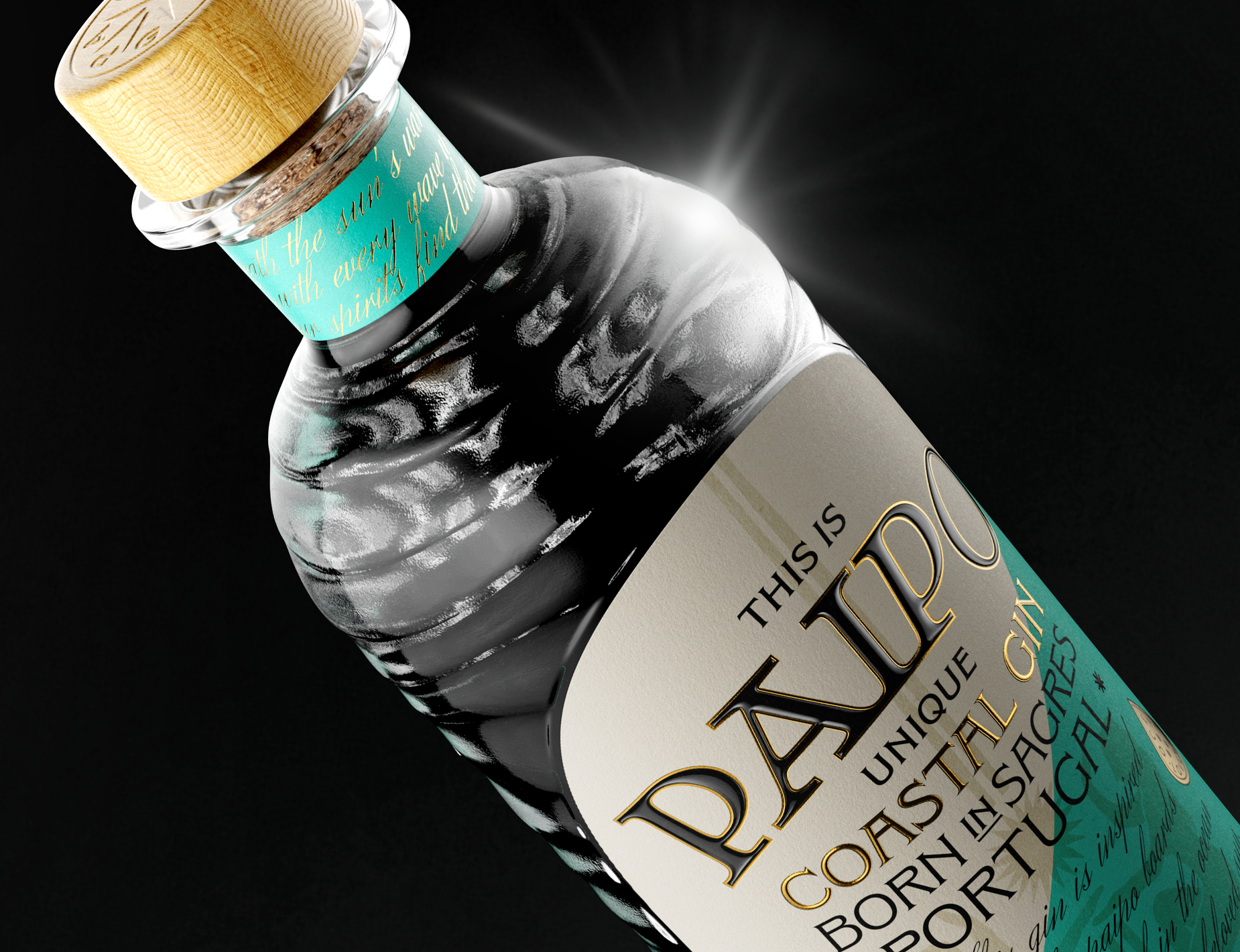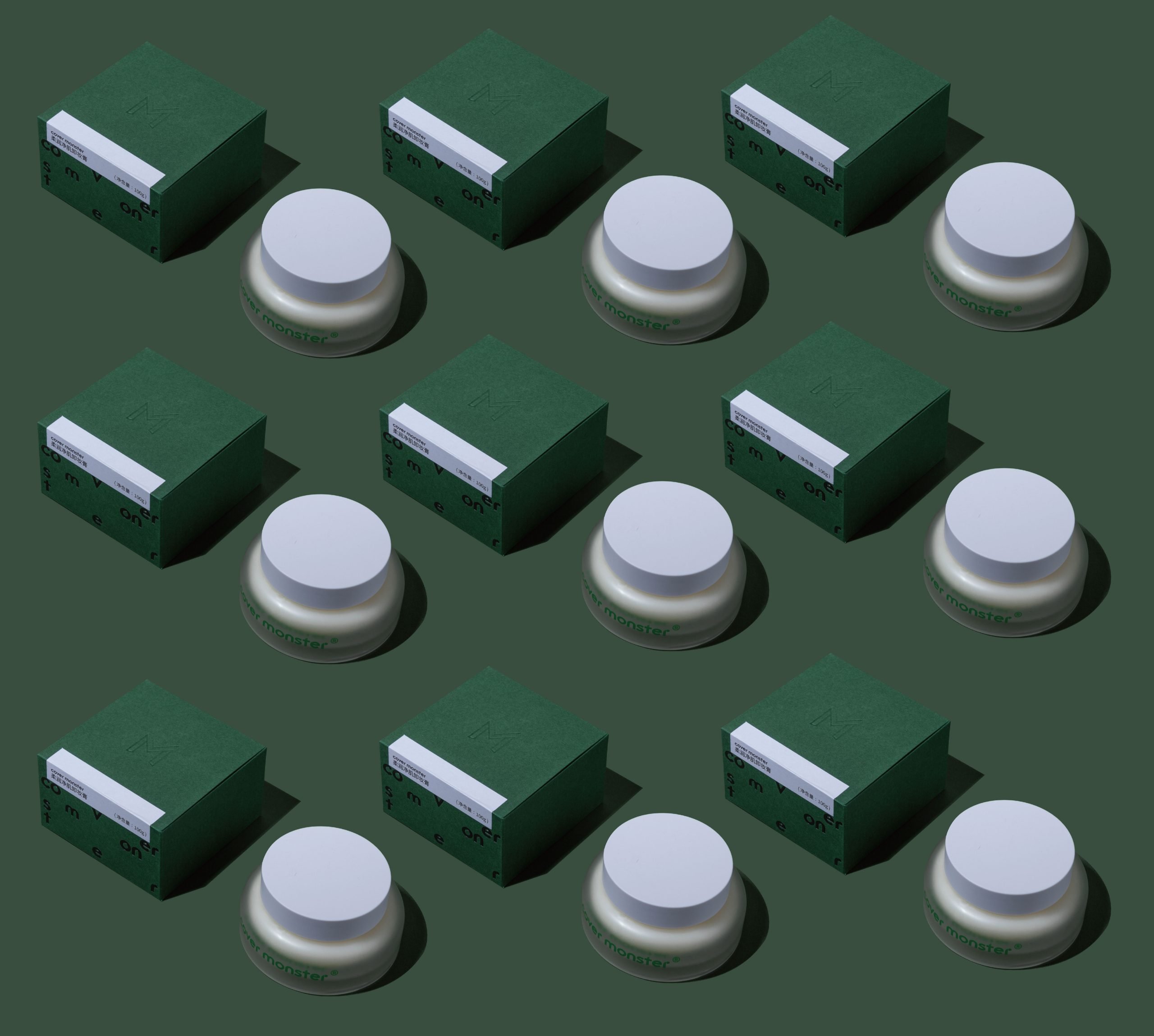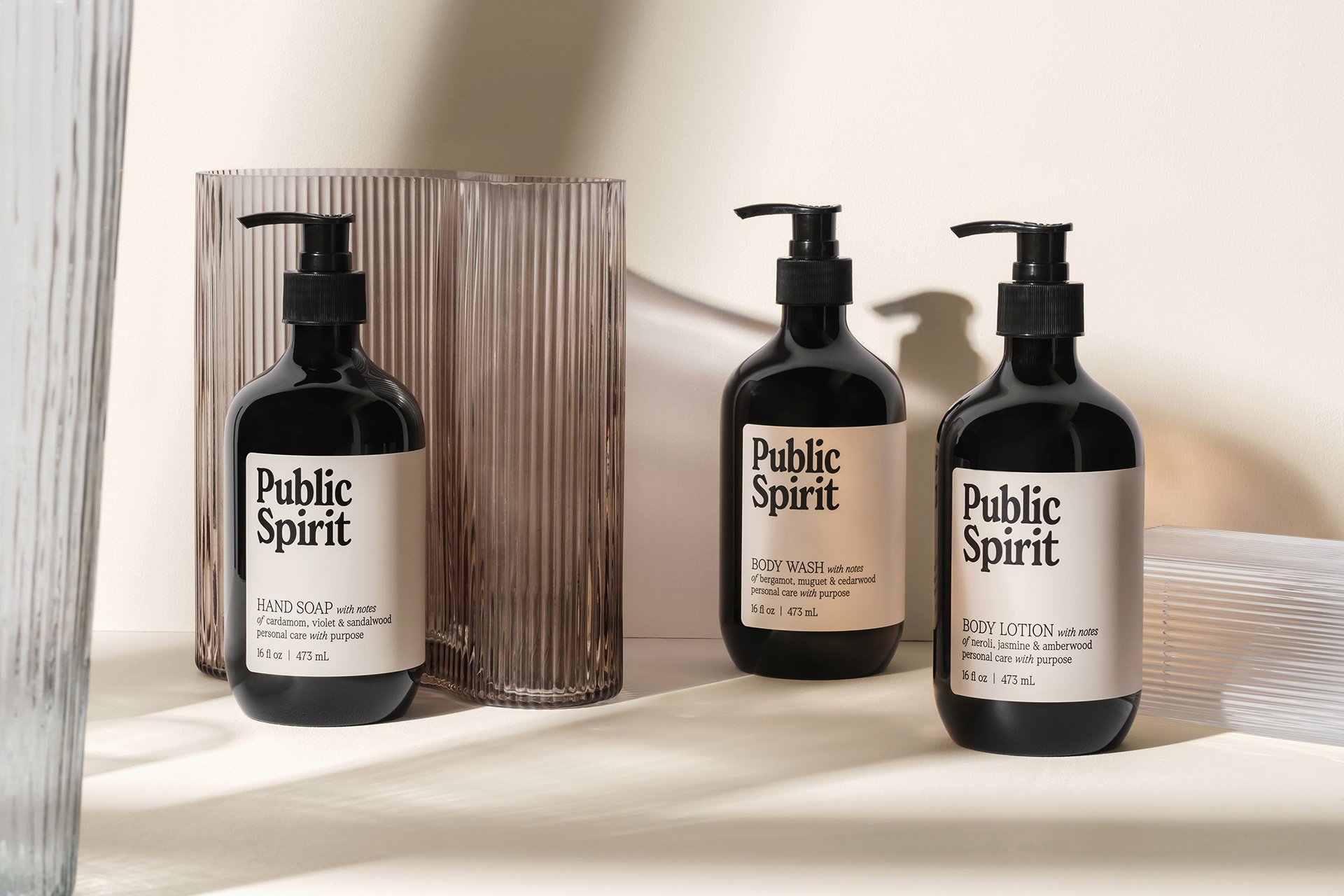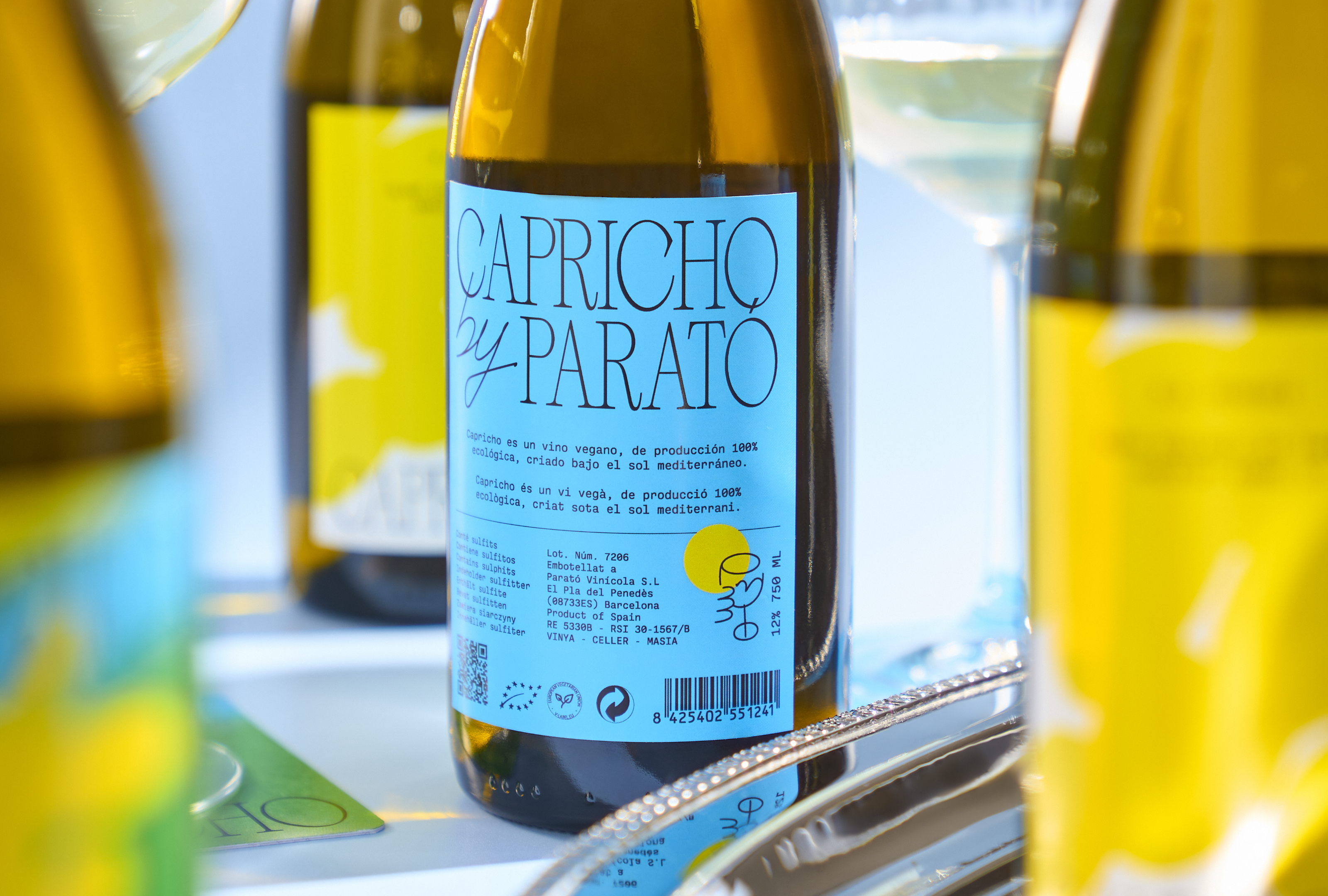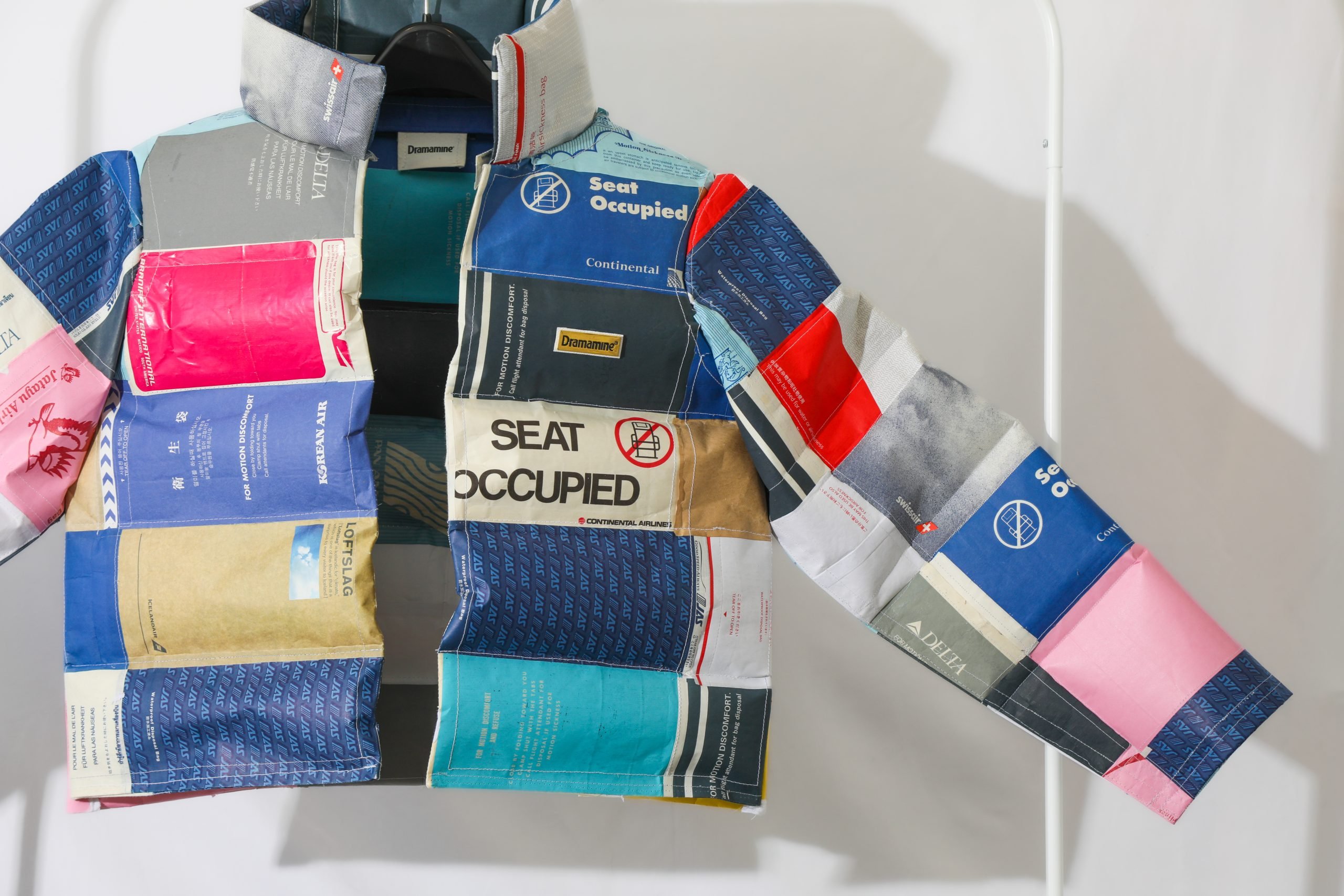If you’ve ever heard anyone complain about watered down beer, well, they’re not exactly wrong.
Beer is between ninety and ninety-five percent water. But that also makes beer and other liquids relatively expensive to transport. Coca-Cola, for example, is 90% H2O; so is orange juice. Every gallon of water is 8.34 pounds, and when packaging such as cans and outer cartons are also considered, a case of 24 cans of beer can weigh between 30-35 pounds.
Besides the monetary costs of shipping beer to thirsty consumers, there are also environmental costs. Most beer gets canned in easily recyclable aluminum or bottled in glass, but producing those materials is energy-intensive, and mining them can also cause ecological damage. Transporting packaged beer also generates greenhouse gas emissions, contributing to climate change.
One German brewery, Klosterbrauerei Neuzelle, along with technology partners and funding from BMWi, the German federal ministry for economic affairs and climate action, has developed powdered beer called “Dryest Beer.” The goal is to minimize the costs and environmental impact of shipping beer globally. The powdered beer arrives at restaurants and bars and gets mixed with carbonated water to create the final product.
The current version is non-alcoholic and requires carbonation, but Klosterbrauerei Neuzelle hopes to eventually bind everything needed, minus the water (naturally).
“We also know that the classic Pils drinkers and all craft beer enthusiasts, especially in Germany, will be skeptical about our product at first,” the managing director of the monastery brewery, Stefan Fritsche, said in an announcement. “It’s not just about bringing a new product onto the market, but about disrupting the beer business model. Therefore, we do not see our core target group as primarily the classic German end consumer but global resellers who do not necessarily have to have brewing knowledge but who can make the granules suitable for the end consumer’s application. Geographically, we are targeting transport-intensive export markets, such as in Asian and African countries, with our non-alcoholic beer powder. Of course, the beer powder should also be marketed in Europe and, in the medium term, turn a niche into an independent market.”
As glorious as the prospect of whipping up a pint as quickly as a cup of Tang at home, Dryest Beer isn’t quite ready for market. Klosterbrauerei Neuzelle says that the brewery and investors are discussing how to move forward with product and business development.
Images courtesy of Klosterbrauerei Neuzelle.
